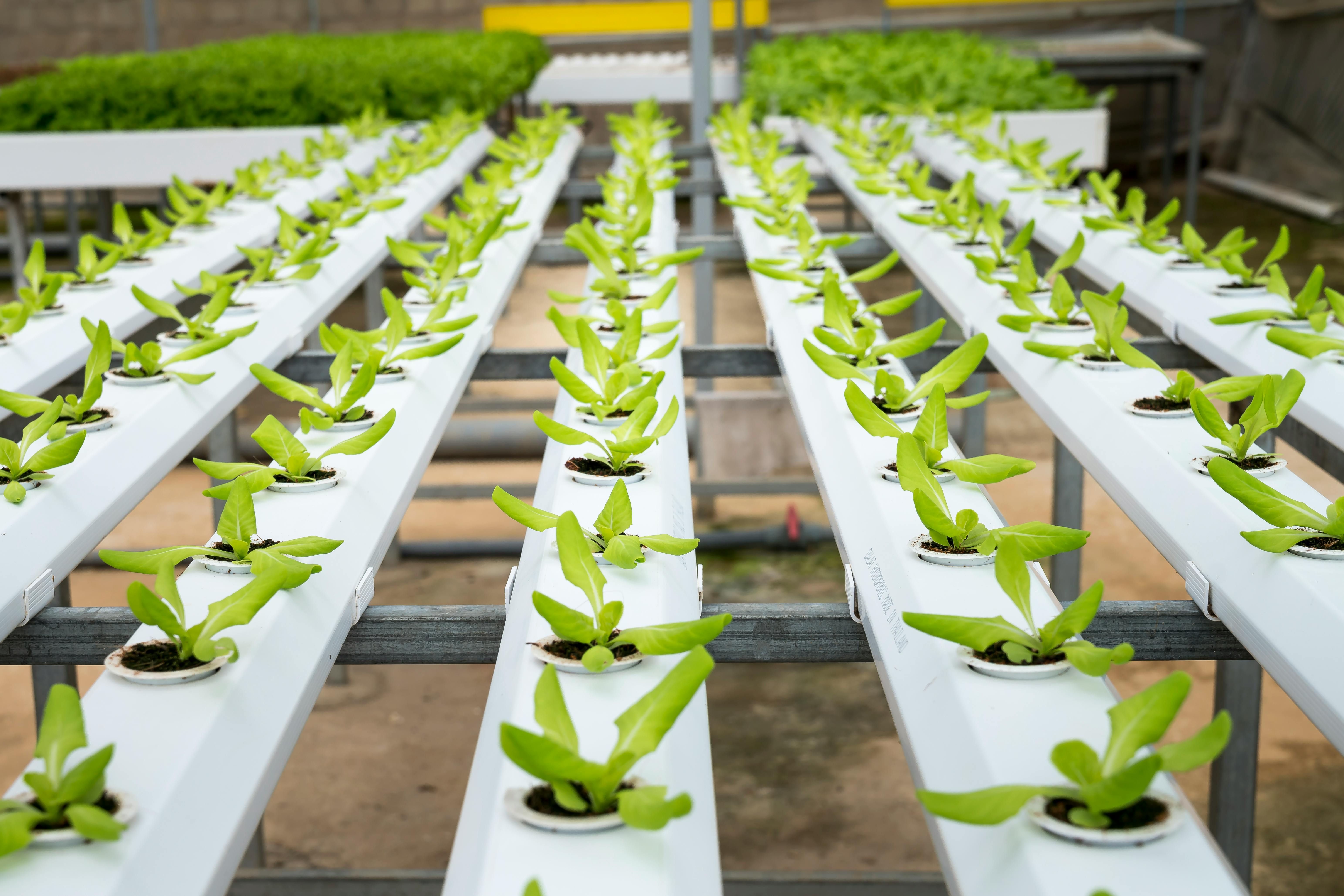The Intriguing Shift Towards Urban Farming in Modern Society
Urban farming, once a niche hobby for sustainability enthusiasts, is becoming an increasingly popular practice in our modern society. This article delves into the historical origins and sociological developments of urban farming and its implications for our contemporary world. Read below to understand this fascinating shift and how it is molding our societal and cultural landscapes.

The Historical Roots of Urban Farming
Urban farming, though seemingly a modern phenomenon, has deep historical roots. During World War II, “Victory Gardens” sprang up across urban spaces in the United States, contributing to the nation’s food supply and instilling a sense of unity and purpose among the citizens. These gardens largely disappeared in peacetime but have seen a resurgence in the 21st century due to growing concerns about sustainability, food security, and the desire for self-sufficiency.
The Sociological Developments of Urban Farming
Urban farming has evolved to become a response to modern societal challenges. The escalating urbanization and population growth have increased demands for food, while the environmental impact of traditional agriculture has raised concerns about its sustainability. Urban farming emerged as a viable solution, promoting local food production, reducing carbon footprint, and enhancing urban biodiversity. Moreover, it has also become a form of social activism, enabling communities to combat food deserts and improve access to nutritious food.
The Cultural Shift Towards Urban Farming
In recent years, urban farming has transitioned from being a fringe movement to a mainstream trend, reflecting broader cultural shifts towards environmental consciousness and self-sufficiency. This shift is evident in the rise of rooftop gardens, vertical farms, and community allotments in urban spaces worldwide. The practice of growing one’s food is being embraced by a diverse demographic, from millennials seeking sustainable lifestyles to retirees finding joy in gardening.
The Impact of Urban Farming on Modern Society
Urban farming is more than just a trend—it is a societal transformation with far-reaching implications. It is reshaping our urban landscapes, making them greener and more sustainable. It is promoting healthy eating habits and fostering community bonds by bringing people together over a shared purpose. It is also challenging traditional agricultural practices and food supply chains, advocating for a more localized and eco-friendly approach to food production.
The Future of Urban Farming
As our society continues to grapple with environmental, health, and social challenges, urban farming is set to play an increasingly crucial role. Innovations such as hydroponic systems and smart gardening technology are making urban farming more accessible and efficient. Meanwhile, cities worldwide are recognizing the manifold benefits of urban farming and integrating it into urban planning policies.
In conclusion, urban farming is a compelling example of how societal trends and cultural shifts can reshape our world. It reflects our evolving relationship with food, nature, and community, offering a fresh perspective on how we can live sustainably in the urban age. It is a testament to the power of human innovation and resilience in the face of pressing challenges and a hopeful vision of our future urban life.




